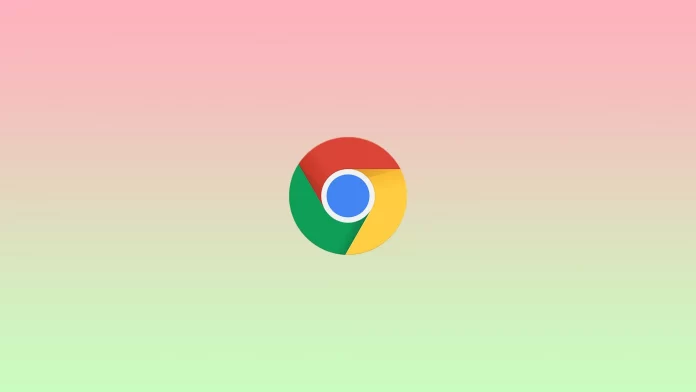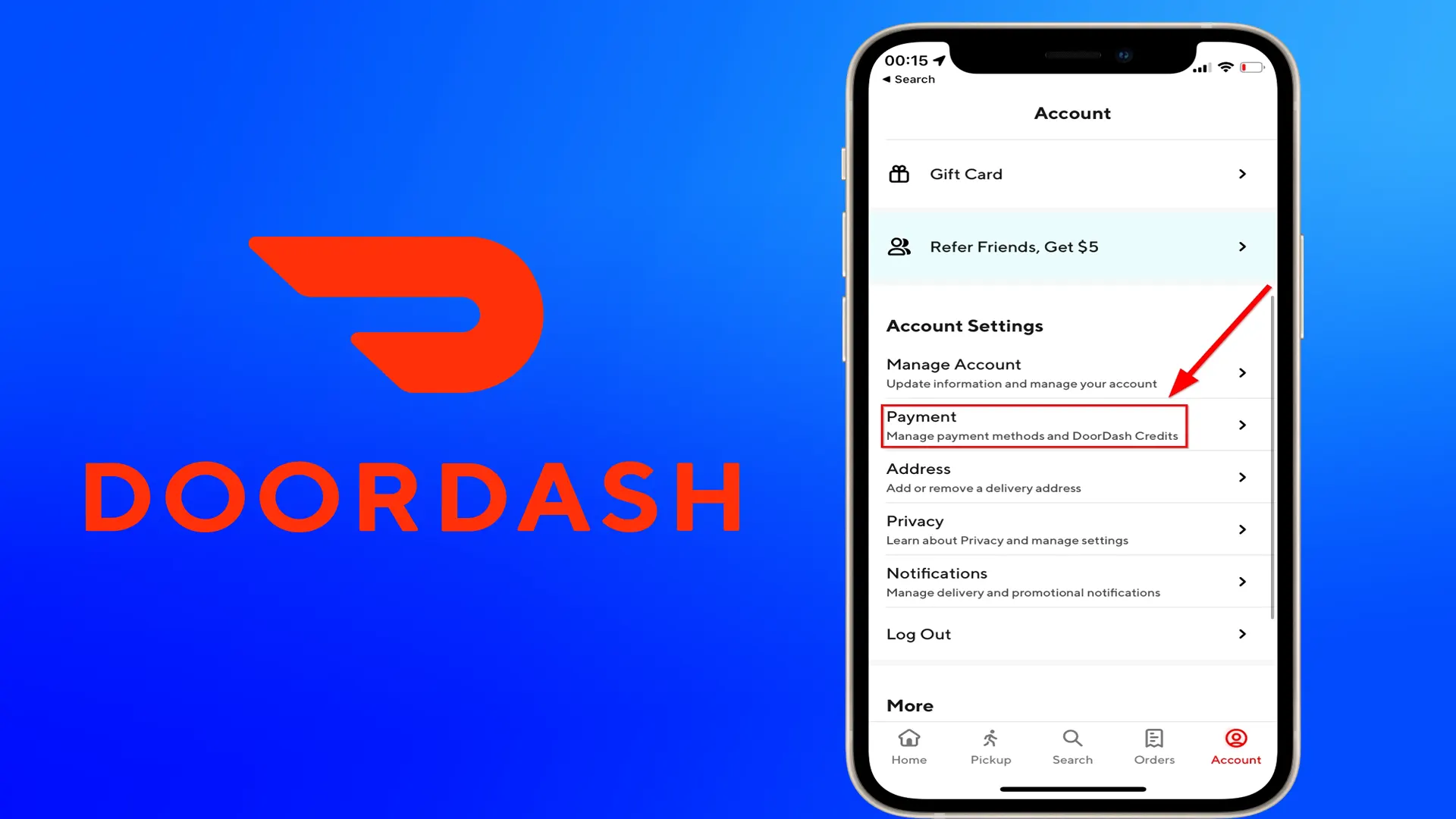Not so long ago, Google announced that their browser, Google Chrome, will soon stop supporting third-party cookies on websites. The company says that they want to do this to provide more security for users.
In fact, Google is not the first one who decided to refuse cookies at the browser level. Safari and Firefox did the same earlier. Google also plans to develop its own tools to replace cookies for site admins. However, first, it is worth understanding which cookies Google plans to “cancel”.
What kinds of cookies are in use
Most users do not think about how web pages work. However, if you delve into this subject, you will find that many web pages and web services are pretty complex “online apps”. They also run some processes that your browser processes and provide you with the information you want. To make this quick and user-friendly developers use cookies or temporary files.
These are files that are downloaded and stored on your computer. In the future the next time you reload a page the browser will automatically open these temporary files and this helps to speed up the download and allows you, for example, to stay logged in to your account after you have navigated to another page.
However, not all cookies are “internal”. There are also cookies from third-party sources. These are usually temporary files that collect information about your online activity in order to optimize the advertising and other recommendations shown to you. Google has decided to fight against this type of cookie.
Why Google wants to stop using third-party cookies in Chrome
The problem with cookies is primarily related to security threats. This is because these temporary files can be used to sabotage your computer. Cookies can also be used to steal your browsing history and your online activity.
Some other browsers have already started to reject the use of third-party cookies. For example, Safari and Firefox have already stopped supporting the use of third-party cookies. And since Google Chrome is the most popular browser among users, it is likely that once Google stops supporting third-party cookies, they will soon disappear from web pages altogether.
Another possible reason why Google wants to abolish cookies is that they could themselves collect data about users’ online activity and later sell it to advertising companies. This could have a major impact on the Internet advertising market in the future.
What is a FLoC
FLoC stands for Federated Learning of Cohorts. Google plans to introduce this technology to replace existing third-party cookies. This feature will work for advertisers in a similar way but will store user data on their devices rather than passing it on to third parties.
With FLoC, Google will track all the same data as third-party cookies, such as time of visit, IP address, and other personal information. It’s called a digital fingerprint. Previously, it was collected in a temporary cookie and then passed on to the ad company so they could better target.
Google wants to change this concept. Their technology will store data about the user on his device in the browser. FLoC will then automatically identify the user into different cohorts. And advertisers will get information about exactly which cohort you are in. This way your personal information will be as protected as possible.
When will Google finally stop using third-party cookies
The rejection of third-party cookies is part of the Privacy Sandbox initiative that Google unveiled back in 2019. However, the company keeps postponing the introduction of this technology. The company originally planned to do away with third-party cookies as early as 2022. However, after scrutiny from the UK Competition and Markets Authority (CMA) and the U.S. Department of Justice in 2021, the company was forced to postpone the change until mid-2023. Also not long ago, Google announced another postponement of its complete rejection of third-party cookies. At the moment, the company plans to do it as early as the second half of 2024.
This is primarily due to the fact that many companies and websites use third-party cookies as one of the main tools to create targeted advertising, so many will need some time to move to new technology.
“The most consistent feedback we’ve received is the need for more time to evaluate and test the new Privacy Sandbox technologies before deprecating third-party cookies in Chrome,” said Anthony Chavez, Google’s vice president of Privacy Sandbox. “This feedback aligns with our commitment to the CMA to ensure that the Privacy Sandbox provides effective, privacy-preserving technologies and the industry has sufficient time to adopt these new solutions.” That’s how the company commented on the rescheduling.
For starters, the company plans to expand the trial version of its Privacy Sandbox to “millions” of users as early as next month. After people start implementing this technology on their web pages, Google will gradually abandon the use of third-party cookies in their browser.






